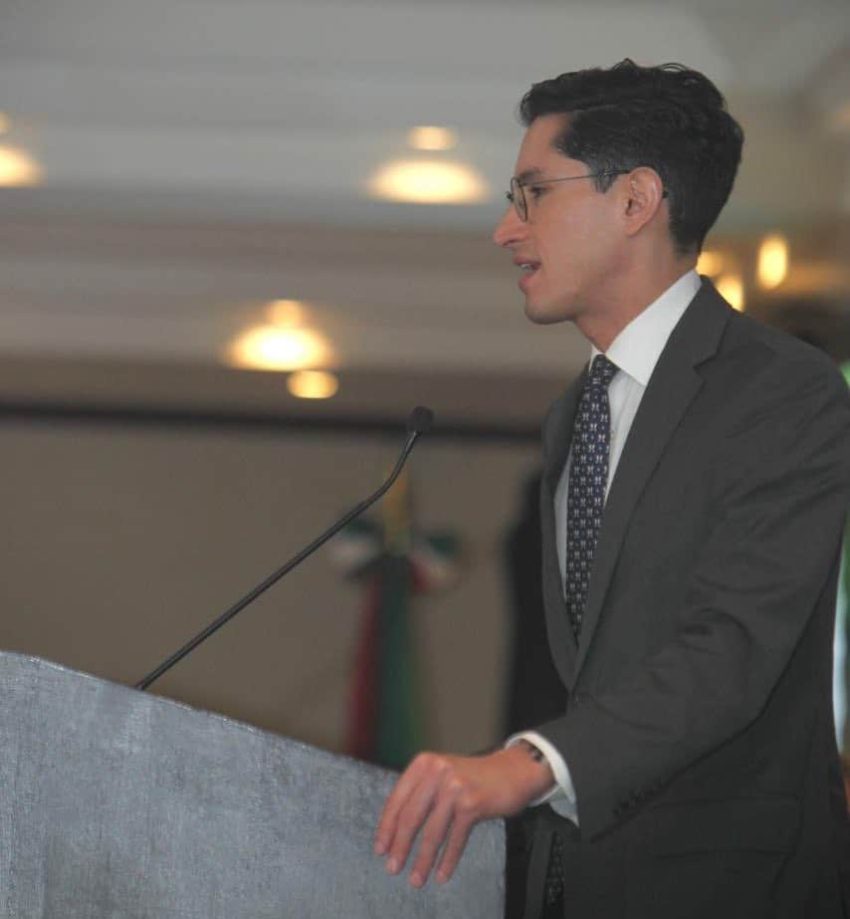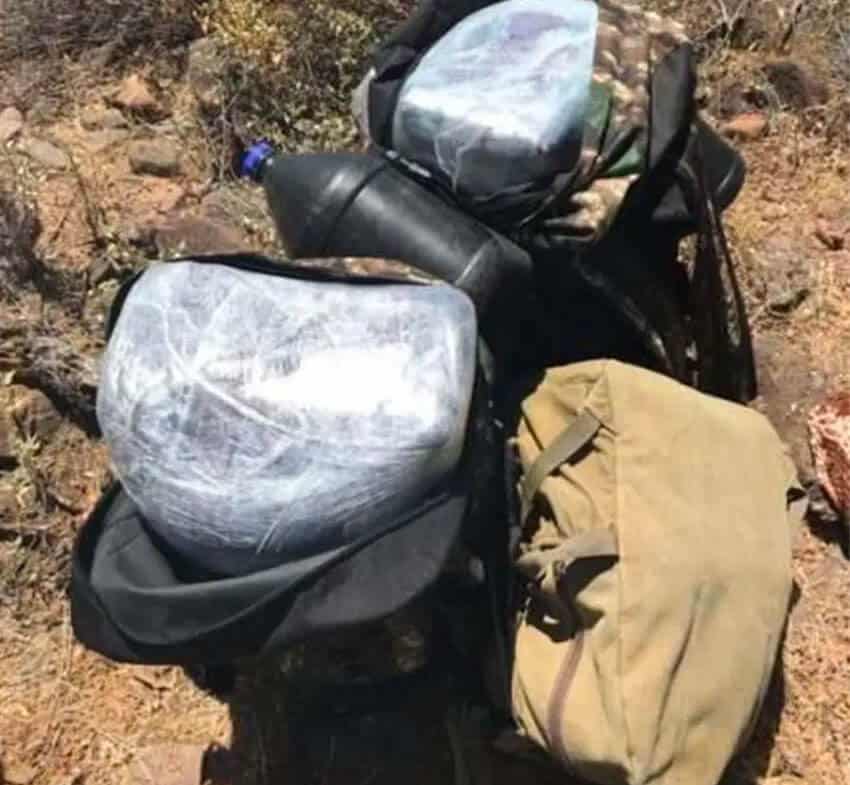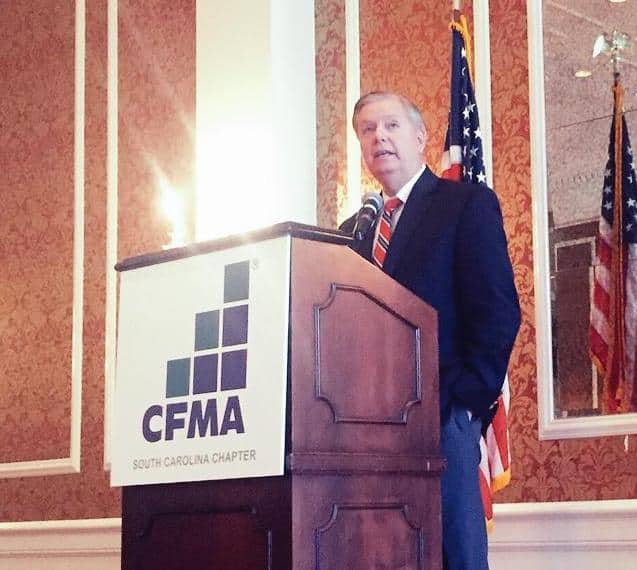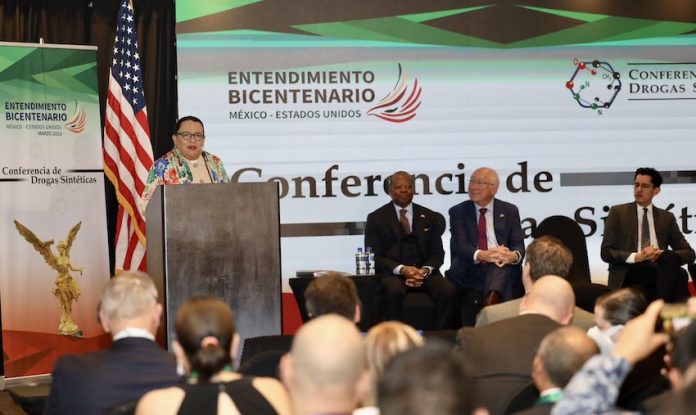A senior official with the Ministry of Foreign Affairs (SRE) has urged the United States to acknowledge Mexico’s efforts to seize illegal drugs, including the synthetic opioid fentanyl.
“We demand respect for the work that has been done,” Roberto Velasco, head of the SRE’s North America department, said Wednesday during the first day of the U.S.-Mexico Synthetic Drug Conference (SDC) in Mexico City.

Without referring to a specific time period, he claimed that Mexican authorities have seized enough fentanyl “to kill the population of Mexico and the United States.”
Other federal officials, including President López Obrador, have recently highlighted that authorities have seized over 6 tonnes of fentanyl since the current government took office in Dec. 2018.
In what appeared to be a veiled criticism of United States authorities, Velasco said that the fight against fentanyl must focus on reducing demand as well as supply.
“If supply was the only factor, Mexico would have an overdose death problem comparable to that of the United States. We have to deal with the entire supply chain, not just supply but also demand,” he said.

Velasco’s remarks came as some Republican Party lawmakers criticize Mexico for not doing enough to combat drug cartels and the flow of narcotics across the northern border and advocate the use of the U.S. military on Mexican soil against such criminal organizations, a proposition López Obrador has categorically rejected.
On Wednesday, six Republican senators introduced legislation to designate nine Mexican cartels, including the Sinaloa Cartel and the Jalisco New Generation Cartel, as foreign terrorist organizations (FTOs).
“Despite what the president of Mexico says, drug cartels are in control of large parts of Mexico,” Senator Lindsey Graham said.
“They are making billions of dollars sending fentanyl and illicit drugs into the United States, where it is killing our citizens by the thousands. Designating these cartels as foreign terrorist organizations will be a game-changer. We will put the cartels in our crosshairs and go after those who provide material support to them, including the Chinese entities who send them chemicals to produce these poisons,” he said.

“The designation of Mexican drug cartels as FTOs is a first step in the major policy changes we need to combat this evil,” Graham said.
United States Secretary of State Antony Blinken, who spoke via video link at the SDC, said last week that it was not “clear” to him that “we would get additional tools or authorities” to combat Mexican cartels by declaring them FTOs.
However, in response to a question put to him by Graham, Blinken said that the U.S. government would “certainly consider” making the designation.
In her address at the bilateral conference, Mexico’s Security Minister Rosa Icela Rodríguez said that Mexico and the United States need to work as a “single front” against synthetic drugs such as fentanyl and methamphetamine.
“Both consumer and transit countries must assume the responsibility of working together to build peace,” she said.
Rodríguez stressed that the precursor chemicals used to make drugs such as fentanyl are not made in Mexico, but rather shipped here from Asia. She portrayed Mexico as merely a “transit country,” although there is evidence fentanyl pills are pressed here, a reality López Obrador acknowledged earlier this month.
“Precursor chemicals, do we produce them in Mexico? No. Weapons, do we make them? No. Do we provide the dead? Unfortunately, yes,” Rodríguez said, echoing an assertion she made at a United Nations event last year.
Although she advocated closer bilateral cooperation to combat drugs, the security minister noted that Mexico and the U.S. already share information that enables seizures of both narcotics and weapons and the arrest of criminals.
United States Ambassador to Mexico Ken Salazar agreed that the fentanyl crisis is a shared problem that must be jointly addressed.
“To get results, the problem requires [the attention] of both nations,” he said at the SDC.
In his opening remarks, U.S. Assistant Secretary of State Todd Robinson said that the two countries must be “more ambitious” in the fight against fentanyl.
Robinson, the State Department’s international narcotics point man, said that the production of synthetic drugs is increasing and asserted that drug overdose deaths are on the rise in Mexico. He said that the aim in the U.S. is to reduce overdose deaths by 13% by 2025.
Fentanyl poses a grave risk to us all. The United States and Mexico are updating our long-standing partnership to forge a comprehensive, agile, and effective approach to synthetic drugs like fentanyl. pic.twitter.com/UtjdVtJTJb
— Secretary Antony Blinken (@SecBlinken) March 29, 2023
In his virtual conference address, U.S. Secretary of State Antony Blinken described Mexico as one of his nation’s “closest partners” in the fight against synthetic drugs.
López Obrador has questioned the United States’ commitment to combating the distribution of fentanyl in that country, but Robinson highlighted that hundreds of individuals were arrested for that crime in the U.S. last year.
In his address, Blinken said that “illicit synthetic drugs” are “one of the most important challenges facing our people” and noted that over 100,000 Americans died from overdoses in 2021.
“Seventy percent of those were from synthetic opioids like fentanyl. And synthetic drugs are threatening lives around the world, including in Mexico,” he said.
Blinken described Mexico as one of the United States’ “closest partners” in the fight against synthetic drugs and said the two nations are “working to forge a comprehensive, agile, and effective approach” to combat them.
“Under President Biden and President López Obrador, the United States and Mexico are acting to disrupt illicit supply chains and curb the production and distribution of legal chemicals used to make drugs, including through exchanges of forensic scientists,” he said.
“We’re targeting organized crime and drug traffickers, and intercepting drug shipments. In the last year alone, we used U.S. technology to seize over 1.3 million fentanyl pills together, at borders, ports and other checkpoints. And that’s on top of the work our countries did individually to get drugs off our streets.”
Blinken also noted that the United States and Canada have “committed to build a new global coalition against synthetic drugs” that “will launch this summer and bring together countries from around the world to develop and implement solutions to this crisis.”
The SDC, which concludes Thursday, is an initiative of the wide-ranging Mexico-United States Bicentennial Framework for Security, Public Health and Safe Communities, which took effect in late 2021.
Among its objectives is to disrupt and dismantle narcotics production; reduce the capacity of transnational criminal organizations to distribute and sell controlled substances; and strengthen and expand regulatory and law enforcement capacity to address the trafficking of synthetic drugs and precursors.
In that vein, the Mexican navy announced Wednesday that in recent days, eight clandestine laboratories where synthetic drugs were made were dismantled in Sinaloa.
With reports from Expansión, TV Azteca, EFE, Infobae and The Hill
